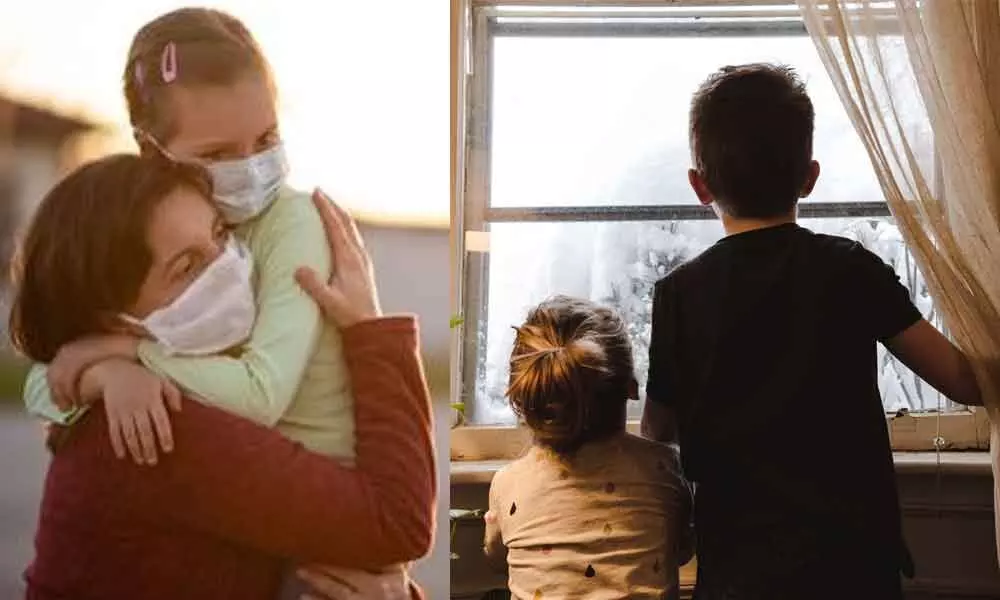Keep the calm at home

Keep the calm at home
- With diagrams of how to properly wash your hands flooding the internet, you might think that’s the main way to prevent you and your kids from getting sick during the Coronavirus pandemic.
With diagrams of how to properly wash your hands flooding the internet, you might think that's the main way to prevent you and your kids from getting sick during the Coronavirus pandemic.
But fear, uncertainty, and being holed up at home to slow the spread of COVID-19, have made it tough for families to keep a sense of calm. It's important to help children feel safe, keep healthy routines, manage their behaviour and build resilience.
Here are some tips to help your family through the outbreak:
Answer questions about the pandemic simply & honestly
Talk with children about any frightening news they hear. It is ok to say people are getting sick, but say following rules like hand washing and staying home will help your family stay healthy.
Keep in touch with loved ones
Children may also worry about a grandparent who is living alone or a relative or friend with an increased risk of getting COVID-19. Video chats can help ease their anxiety.
Keep healthy routines
During the pandemic, it is more important than ever to maintain bedtime and other routines. They create a sense of order to the day that offers reassurance in a very uncertain time. All children, including teens, benefit from routines that are predictable yet flexible enough to meet individual needs.
Structure the day
With the usual routines thrown off, establish new daily schedules. Break up schoolwork when possible. Older children and teens can help with schedules, but they should follow a general order, such as wake-up routines, getting dressed, breakfast and some active play in the morning, followed by quiet play and snack to transition into schoolwork.
A word about bedtimes
Children often have more trouble with bedtime during any stressful period. Try to keep normal nighttime routines such as Book, Brush, Bed for younger children. Put a family picture by their bed for "extra love" until morning. Too little sleep makes it more challenging to learn and to deal with emotions.
Redirect bad behaviour
Sometimes children misbehave because they are bored or don't know any better. Find something else for them to do.
Creative play
Suggest your children draw pictures of ways your family is staying safe. Make a collage and hang it up to remind everyone. Or, build an indoor fort or castle to keep the germs at bay, bringing in favorite stuffed animals or toys.
Direct your attention
Attention--to reinforce good behaviors and discourage others--is a powerful tool. Notice good behavior and point it out, praising success and good tries. Explaining clear expectations, particularly with older children, can help with this.
Know when not to respond
As long as your child isn't doing something dangerous and gets attention for good behavior, ignoring bad behavior can be an effective way of stopping it.
Use time-outs
This discipline tool works best by warning children they will get a time-out if they don't stop. Remind them what they did wrong in as few words and with as little emotion as possible.














